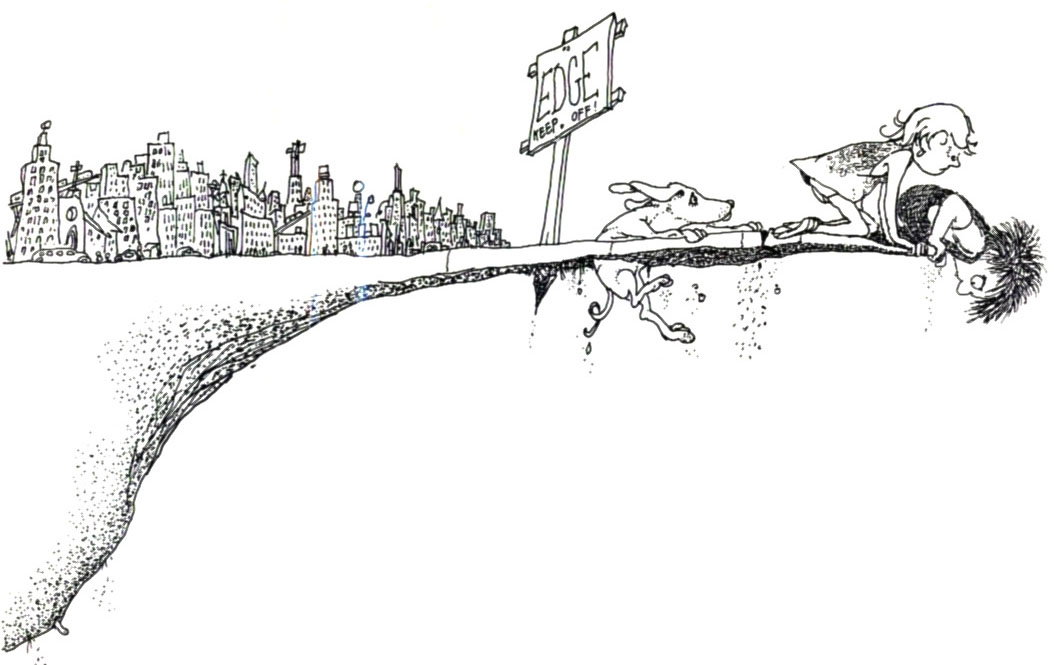On HU
Our Indie Comics vs. Context roundtable rolled on.
We had an Indie Comics vs. Google Trends showdown.
A music sharing post featuring indie cartoonists who also rock (or make other noises.)
Kailyn Kent on indie comics and the context of fannishness.
I wrote about gender in Johnny Ryan’s “Spring Break”
Charles Reece on feminism and Fukitor.
Qiana Whitted on Jennifer Cruté, race, risk, and underground cartooning.
Owen A looks at influences on the work of Rusty Jordan and Roman Muradov.
Utilitarians Everywhere
At the Atlantic I wrote about the documentary My Other Me, Cosplay and authenticity.
At Splice Today I wrote about the video for Lucius’ song “Turn It Around” and retor failure.
Tracy Q. Loxley talked to me and others about whether men who talk about feminism online get harassed (the consensus was not so much.)
Other Links
Splice Today is having an autobiographical writing contest with a $1000 prize.
Charles Hatfield takes a sledgehammer to the mediocre new PBS documentary on superheroes.
Danielle Paradis with a piece ostensibly about Miley Cyrus but actually about the sexualization of waitstaff.
Joseph Thomas on how our idiotic copyright regime is going to prevent him from publishing his biography of Shel Silverstein.


That Silverstein article was pretty interesting. Thanks for the link.
a propos nothing — is it just me, or has it been months since Mike Hunter has posted a comment here?
The Paradis article was brisk and smart. This quote…
“Contemporary feminist theory places the oppression of women under a large umbrella called patriarchy. Those who identify as radical feminists apply this term “the patriarchy” vigorously and often. The socialist or liberal feminists however, tend to introduce areas where class or race intersects with the concept of male dominance.”
…brought to mind the indie comics and context roundtable.
As theorists and/or critics we determine context at the outset of a reading. “Patriarchy” is a sweeping cultural context” and we could look at a Katie Skelly comic in terms of how it antagonizes “the man.” Or we could decide that we want to take the genre of adventure comics as the context, and argue that Skelly is exploiting an apparent mismatch between indie comics form and adventure comics format toward some end.
(BTW: I’m using the Skelly example because it’s what came to mind… I apologize to her and her fans for being totally shallow about all this and just using her as an example in what amounts to facile meta-criticism).
Anyhow, I mentioned earlier (in a different comment thread) that by indie comics in context Heidi M. likely meant indie comics as a scene within the larger context of comics culture as a scene (nested contexts, if you will). So what is the upshot of this Sunday morning ramble? I suppose it’s that we need to understand context as something that a critic decides or chooses. That decision/definition has implications not only to how we read the text, but also how our criticism supports/undercuts/misses the point of a given conversation. I think this is why so many arguments about comics seem to consist of two people just talking past each other. One person is making claims about a text based on the context of their choice, and another claims about the same text based on a different context. It’s not that either person is “ignoring context,” they’re just not attending to the same context.
Oof… that was a long one. Sorry about that!
Jones, I spoke to Mike a little while back. He decided to stop commenting in order to work on some other projects. So, yes, he hasn’t been about, but he’s fine!
Nate, I think that’s the case with a lot of aesthetic conversations online (or perhaps just conversations online in general even!)
Good to hear that Hunter is OK… It’s a weird thing these online relationships. Sometimes it seems like we know each other pretty well, or that we know a person pretty well. The illusion goes away when they disappear and you have no idea where they went. I sometimes think of Dick Hyacinth, who had a great blog and reviewed for Savage Critics. I enjoyed his stuff a lot, and looked forward to his online company. At some point, he sort of vanished. If he noted his departure I didn’t catch it, and I have no idea where he went.
I’ve been wondering about Mike, too, so that’s good to hear.
Minor grumble: how could Bobby Bare not be the first interpreter to come to mind when mentioning Silverstein collaborators? He’s the best, making the songs sound like he’s just doing them off the cuff. And he’s got the ultimate storyteller voice, deep and avuncular.
Anyway, I wrote a little bio of Silverstein a few years ago that has yet to appear online, and it was tough finding info on the guy. Now I know why. Man, I’d love to read that book (even if the author doesn’t acknowledge Bare as Pope to Silverstein’s godhood). Most of his songs are available on YouTube, including that Fuck’Em song (funny since the estate is such a tight ass about giving permission).
You should publish the Silverstein bio here!
That is odd that the estate hasn’t shut down the youtube covers. Maybe they just aren’t concerned about stuff online for some reason?
Agreed about the Bobby Bare/Silverstein collaborations. They’re simply wonderful, and often for the very reason you mention, they seem like spontaneous observations, e.g.:
Drinking and drugging and watching TV
eating cold pizza and watching TV
Just you and me and the devil makes three
Drinking and drugging and watching TV.
The Old Dogs project from 1998 mostly consisted of Shel Silverstein songs performed by a “supergroup” of Waylon Jennings, Mel Tillis, Bobby Bare and Jerry Reed. The song Still Gonna Die is a particular stand-out.
Correction, the second line should be “Eating cold pizza and drinking iced tea“. Sorry!
I was wondering about Mike too! I’m glad to hear he’s well.